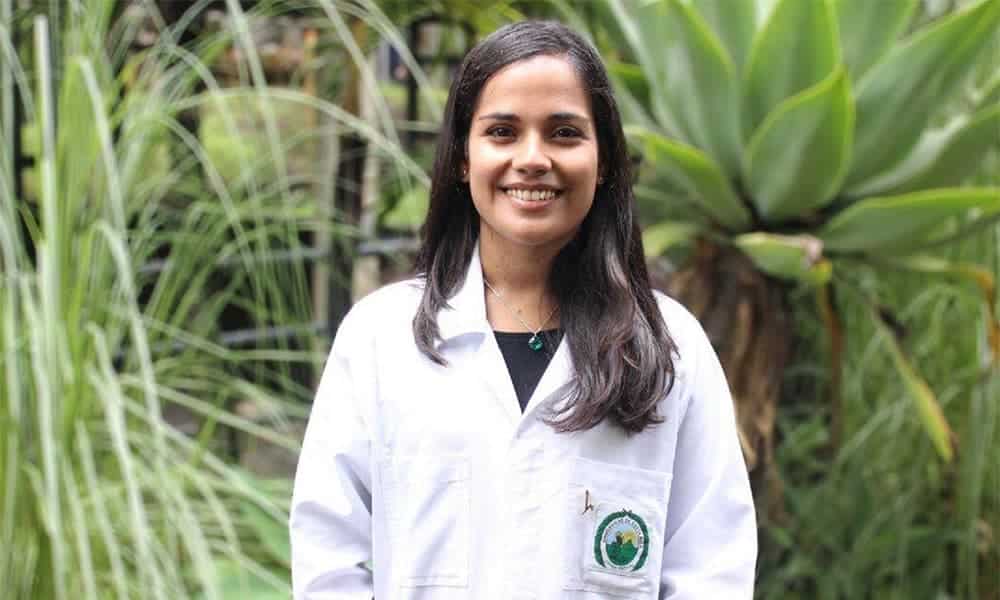Dr. Alicia Rojas Araya, scientist at the Faculty of Microbiology of the University of Costa Rica (UCR), received the CRPVBD Early Career Scientist Award.
This is yet another recognition to add to her list, as in 2020, this talented UCR researcher won the prestigious Odile Bain Memorial award, which is only received by scientists considered remarkable in parasite studies.
“For me, this award reflects the excellent quality of the research we do at the University of Costa Rica, which is comparable to the level of other countries. It also shows that parasitology’s gap between women and men is closing daily. There are areas in science where the representation of both genders tends to equalize, ” said the specialist.
With this new award received in November 2022, granted by the prestigious scientific journal “Current Research in Parasitology & Vector-Borne Diseases” (CRPVBD), Rojas exalts Costa Rican scientific talent.
To receive the CRPVBD Early Career Scientist Award, candidates had to be outstanding young scientists pursuing their doctorate or obtaining it within the last five years.
Dr. Rojas meticulously led the study that earned her the award: “What’s behind the curtain: Cryptic diversity in helminth parasites of human and veterinary importance.” Luis Enrique Chaves, Alberto Solano, Javier Mora, Fernando Morales, and Guilherme Verocai (University of Texas) also participated in the research.
“The article describes the cryptic or hidden diversity in several helminth (parasitic worm) species of medical and veterinary importance, revealing the complexity of worm speciation, the delimitation of species between clades (family), and the clinical implications of their taxonomic status (classification).
Such recognition of cryptic diversity is essential for managing the clinical course of patients, for detecting emerging zoonotic species and spreading anthelmintic resistance (resistance to drugs used to treat infections of these parasites),” the journal explains in its press release.
Currently, this young scientist is conducting several studies at the UCR with zoonotic nematodes (worms that can infect humans). Among them: Toxocara canis, Angiostrongylus costaricensis, and the nematode that promotes the appearance of cancer in dogs, Spirocerca Lupi.








